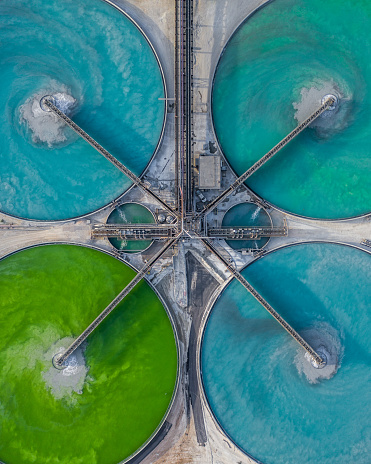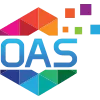Platform Components
With the population explosion and rapid urbanization, water is becoming scarce. Survival of human beings, as well as many industries, depend on this most precious natural resources. As such, it’s becoming crucial to ensure the smart use of water. The water industry is increasingly adopting IoT solutions to monitor water levels, chemical leaks, and even regulate water flows. To conserve this depleting natural resource, the water industry is shifting to smart water systems based on the combination of the Internet of Things, big data and AI technologies.

The water industry encompasses both drinking water as well as wastewater collection and treatment. With the growing number of connected devices, the water industry is taking advantage of IoT sensors to monitor water levels, chemical leaks, and even regulate water flows. An IoT enabled smart water sensor can track water quality, pressure, and temperature of the water. By installing smart sensors at various points in the water system, industries can collect data for monitoring. By analyzing that data, factors like temperature changes, pressure changes, water leak detection, and chemical leakage can be determined.
Smart Water Management
At OAS, we design and develop IoT and big data solutions for sustainable and resilient use of water. Our IoT solutions can be connected to all the systems in the water supply chain: raw water; treatment plants; distribution pipes; utility companies; and consumers, etc. These IoT applications provide real-time monitoring and bring transparency to the processes in the water supply chain.
Smart water management is a system of monitoring pipes, pumps, etc. to monitor, control and regulate the usage and quality of water resources. OAS has been used to monitor and archive turbidity, flow rates, levels, pH, and other key indicators within the water treatment facilities. Chemical additive systems are monitored with high accuracy for correct dosing and also to notify supplies for just-in-time supply chain. The IoT-driven smart sensors reduce water waste, curb excessive and unnecessary water consumption and detect leakages. Smart meters allow real-time water consumption measuring to identify overly excessive usage and waste points. The sensor-based solution can also be used for smart irrigation. Farmers can measure water status in plants to make sure they get just enough water for the best nutritional value and highest yield.
A great application of IoT is for solving the issues of Wastewater Management. A wastewater facility can install smart sensors and synthesizes the information into actionable insights. The ability to access and remotely manage pumping and treatment systems is crucial in the wastewater management system.
Case Studies
See how current customers have taken advantage of the OAS Platform
Shippensberg WWTP
Shippensberg WWTP – Monitoring waste water contaminants with Open Automation Software.
